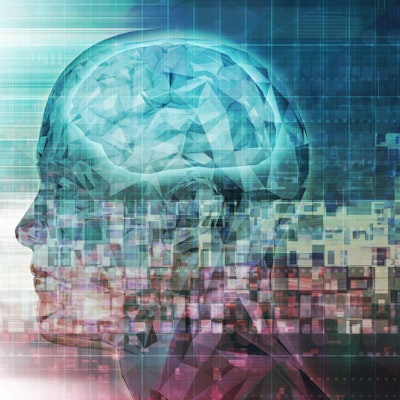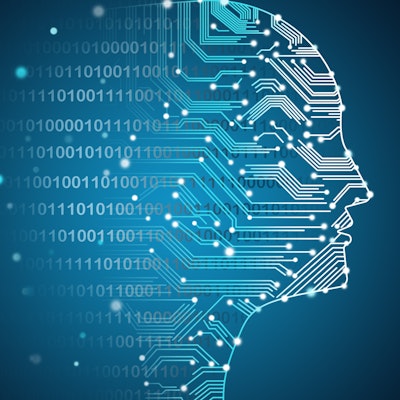
The world is awash in meaning and signal that we are just unaware of. A.I. throws open the aperture of what we can perceive.
Show Notes
Scientists could actually be close to being able to decode animal communication and figure out what animals are saying to each other. And more astonishingly, we might even find ways to talk back. The study of sonic communication in animals is relatively new, and researchers have made a lot of headway over the past few decades with recordings and human analysis. But recent advancements in artificial intelligence are opening doors to parsing animal communication in ways that haven’t been close to possible until now. In this talk from the 2023 Aspen Ideas Festival in partnership with Vox’s “Unexplainable” podcast, two experts on animal communication and the digital world come together to explain what may come next.
Tragically, a few months after this conversation was recorded in June, one of the panelists, Karen Bakker, passed away unexpectedly. Bakker was a professor at the University of British Columbia who looked at ways digital tools can address our most pressing problems. She also wrote the book “The Sounds of Life: How Digital Technology is Bringing Us Closer to the World of Animals and Plants.” The UBC Geography department wrote of Bakker: “We will remember Karen as multi-faceted and superbly talented in all realms.”
Aza Raskin, the co-founder of the Earth Species Project, a nonprofit trying to decode animal communication using A.I., joined Bakker for this discussion. The host of “Unexplainable,” Noam Hassenfeld, interviewed Bakker and Raskin.
Explore
Related episodes


How do dogs perceive you and the world around them?


A technological future where our brain waves could be monitored and our thoughts decoded and analyzed — sometimes against our will — is not as far away as we think. But our existing legal protections and conception of human rights around cognitive liberty are trailing innovations in neurotechnology. Brain hacking tools and devices could bring massive benefits, for people s...


Artificial intelligence is clearly going to change our lives in multiple ways. But it’s not yet obvious exactly how, and what the impacts will be. We can predict that certain jobs held by humans will probably be taken over by computers, but what about our thoughts? Will we still think and create in the same ways? Author and former Aspen Institute president Walter Isaacson...


When Sal Khan created Khan Academy, he was trying to scale up the successful experiences he’d had tutoring his cousins one-on-one in math. He saw how effective it could be for students to go at their own pace, ask questions and be questioned about their reasoning, and he wanted to make those benefits available to as many kids as possible. The organization eventually grew t...


Like all technology, artificial intelligence can be used for good, and it can be used for evil. What little federal regulation the United States has governing technology and the internet was written before artificial intelligence existed in its current form, and as a society, we’re flying blind and in way over our heads as we enter this next phase of digital life. What cou...









